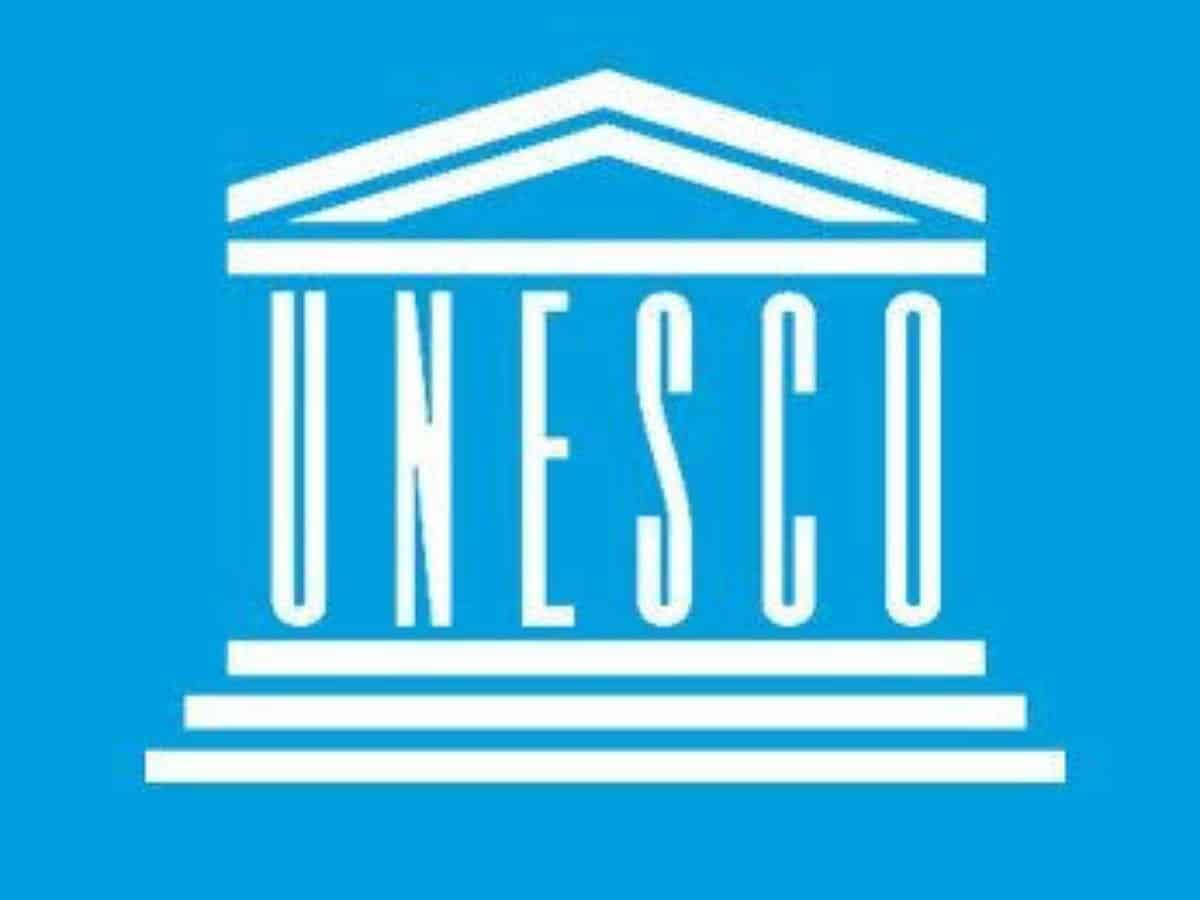
New Delhi: Support for protecting world heritage sites must be “steadfast and unwavering”, a top UNESCO official said on Tuesday and asserted that the WHC session in New Delhi had “reinforced our collective commitment” to these goals.
During his address at the closing ceremony of the 46th session of the World Heritage Committee (WHC), Ernesto Ottone Ramirez — assistant director-general for culture at UNESCO — also said the 2025 session would be held in the Bulgarian capital Sofia.
The WHC session in New Delhi from July 21-31 was India’s first time hosting the key annual event.
“Our heritage faces numerous threats, it is our shared responsibility to anticipate and mitigate these risks. The support for protecting world heritage sites must be steadfast and unwavering,” Ramirez said.
This session “reinforced our collective commitment to these goals”, he added.
The New Delhi session was a “testament to our commitment” to preserving and celebrating the cultural and natural heritage of the world, the official said.
Union Culture Minister Gajendra Singh Shekhawat, UNESCO’s Director of World Heritage Lazare Eloundou Assomo, Union Culture Secretary Govind Mohan, Ambassador & Permanent Representative of India to UNESCO Vishal V Sharma, and Archaeological Survey of India Director General Yadubir Singh Rawat were present on the dais.
Ramirez said that “world heritage is not just about the conservation of sites”. “It is about fostering a global vision. A vision that recognises the outstanding universal values of the sites, ensuring they are protected for future generations.”
He mentioned that a new country from the Pacific had ratified the World Heritage Convention of 1972 as the “196th State Party”.
Ramirez also thanked India for the USD 1 million contribution it pledged to the UNESCO World Heritage Centre.
During his address at the opening ceremony, Prime Minister Narendra Modi announced that India would contribute USD 1 million to the UNESCO World Heritage Centre, to be used for capacity building, technical assistance and conservation of world heritage sites.
Ramirez underlined that “dialogue and consensus” defined the discussions.
“As it was announced in the morning, let us go to Sofia in Bulgaria where we are going to have our next meeting,” he added.
He also praised India for the upkeep of world heritage sites, saying, “The way you have protected those sites is exemplary.”
Shekhawat said India was “proud” to have hosted the WHC and “grateful to UNESCO” for providing the opportunity.
India prioritised the core concerns of the global culture sector, particularly those of the global south.
In the New Delhi Leaders’ Declarations, 2023, under India’s leadership, G20 members unanimously endorsed the role of culture as a standalone goal in the post-2030 development framework, marking a “paradigm shift” in global development strategy, the minister said.
The WHC session provided us with “new friendships, inputs to augment our ideas” in these fields, he added.
Ambassador Sharma told delegates that what they had achieved through “efficient time management and skilled diplomacy is something to be proud of” as he cited that this was achieved even though there were geopolitical issues.
On the occasion, a catalogue on Project PARI (Public Art of India) was released and a video on the project screened.
Project PARI, a Union Ministry of Culture initiative, was executed by the Lalit Kala Akademi and the National Gallery of Modern Art ahead of the session, seeking to bring forward public art that draws inspiration from “millennia of artistic heritage (lok kala/lok sanskriti) while incorporating modern themes and techniques”.
